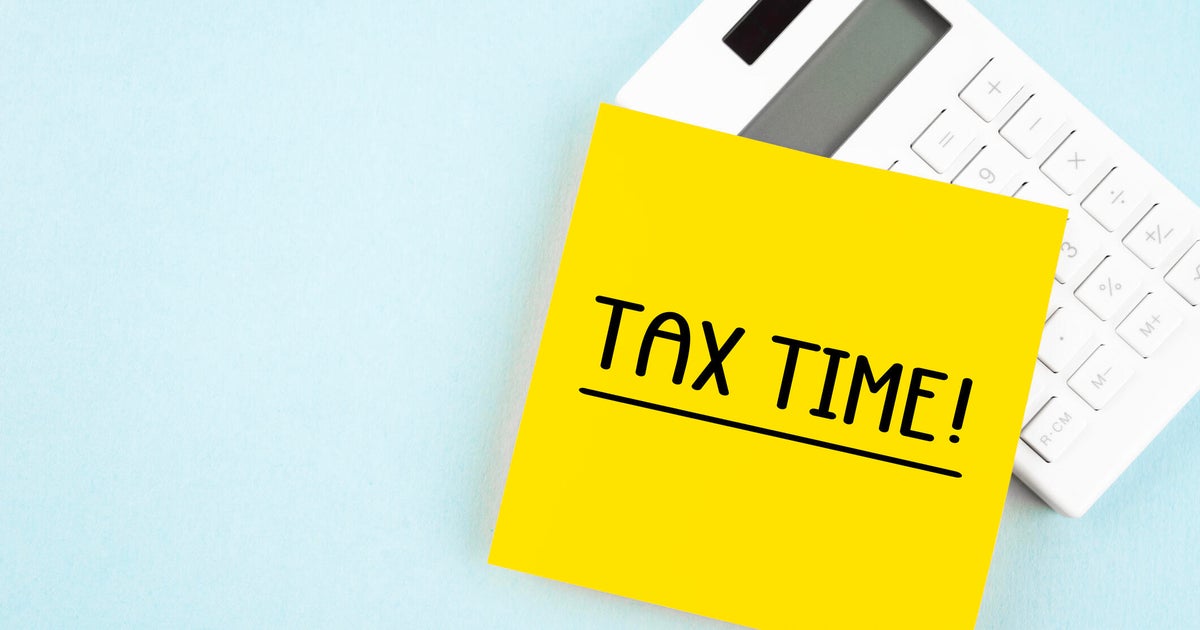Will my credit card interest rates drop in October?
Last week, the Federal Reserve announced a significant rate cut of 50 basis points — twice as high as what most analysts expected — which could have a positive impact on various forms of debt. While the Fed rate doesn't directly drive consumer interest rates, these rate changes tend to have a ripple effect on borrowing tools like mortgages and personal loans, which are closely tied to the federal funds rate. As a result, loan rates tend to see an immediate impact when the Fed takes action.
Right now, though, millions of Americans are grappling with another form of debt: high-rate credit card debt. The average cardholder is currently carrying nearly $8,000 in credit card debt at a time when the average credit card interest rate is sitting near 23%, a record high. As a result, about 20% of cardholders are maxed out and credit card payment delinquencies are rising, so any credit card interest rate reduction would be welcomed by those who are burdened by this type of costly debt.
But credit cards exist in a different category than loans, and the relationship between Fed rate cuts and credit card interest rates is far from straightforward. While the central bank's actions ripple through various sectors of the economy, their impact on credit card debt is often muted and delayed. So how likely is it that credit card interest rates will fall this October?
Don't let your credit card debt grow. Tackle your high-rate card debt today.
Will my credit card interest rates drop in October?
Credit card interest rates could potentially drop in October, but it's not likely. Credit card interest rates are variable and are typically tied to the prime rate, which is influenced by, but not identical to, the federal funds rate. And while the prime rate does tend to follow the Fed's moves, credit card issuers retain considerable control over how and when they adjust their rates.
This means that the Fed's decision may prompt some movement in credit card interest rates, but it's unlikely to be immediate or substantial. While credit card companies are generally quick to raise interest rates in response to increases in the federal funds rate, they tend to take a slower approach when it comes to passing on savings from rate cuts. So, it's unlikely that any card issuers will lower rates substantially over the next few weeks — not in response to the Fed's rate cut, anyway.
But even if issuers do adjust rates downward, the impact will almost certainly be minimal. For example, even a 25- or 50-basis-point reduction would only lower a 23% interest rate to around 22.5% or 22%. This reduction, though helpful, won't offer significant relief to those who are dealing with thousands of dollars in credit card debt.
Credit card interest rates have also been climbing rapidly for the last several years, and that uptick has been driven by a variety of factors beyond just the federal funds rate. Competition in the rewards card market, regulatory changes and evolving risk assessments by issuers have all played a role in the rising credit card rate environment. And while the Fed's rate cut may offer some hope, it's unlikely to reverse these broader trends in a meaningful way anytime soon.
Need extra help with your card debt? Compare your debt relief options here.
Other ways to lower your credit card rates now
Instead of waiting for credit card interest rates to drop as a result of the Fed's actions, there are several other options you can consider to try and reduce the burden of high credit card interest rates.
One is to consider a balance transfer. Many credit card companies offer promotional 0% APR balance transfer cards, allowing you to move your debt from a high-interest card to one with no interest for a set period. This allows you time to aggressively pay down your principal balance without accruing more interest.
Another approach is debt consolidation, which involves taking out a loan with a lower interest rate to pay off multiple high-interest credit cards. By consolidating your debt into a single loan with a fixed monthly payment, you can save on interest and simplify your financial obligations. This option tends to be best if your credit score allows you to qualify for a loan with a significantly lower rate than your current credit cards.
For those facing more severe financial difficulties, debt management programs may be an effective option for lowering your credit card interest rates and creating a structured repayment plan. Unlike debt forgiveness, which can hurt your credit score, debt management programs focus on making your debt more manageable while keeping your credit intact.
The bottom line
While the Federal Reserve's recent rate cut has raised hopes for lower borrowing costs, cardholders may not see much direct relief from this change this October. With credit card issuers slow to pass on savings from rate cuts, waiting for your rates to drop might not be the most effective strategy. Exploring alternatives like balance transfers, debt consolidation and debt management programs could be the better route for taking control of your financial situation and working toward reducing your credit card debt this October.




